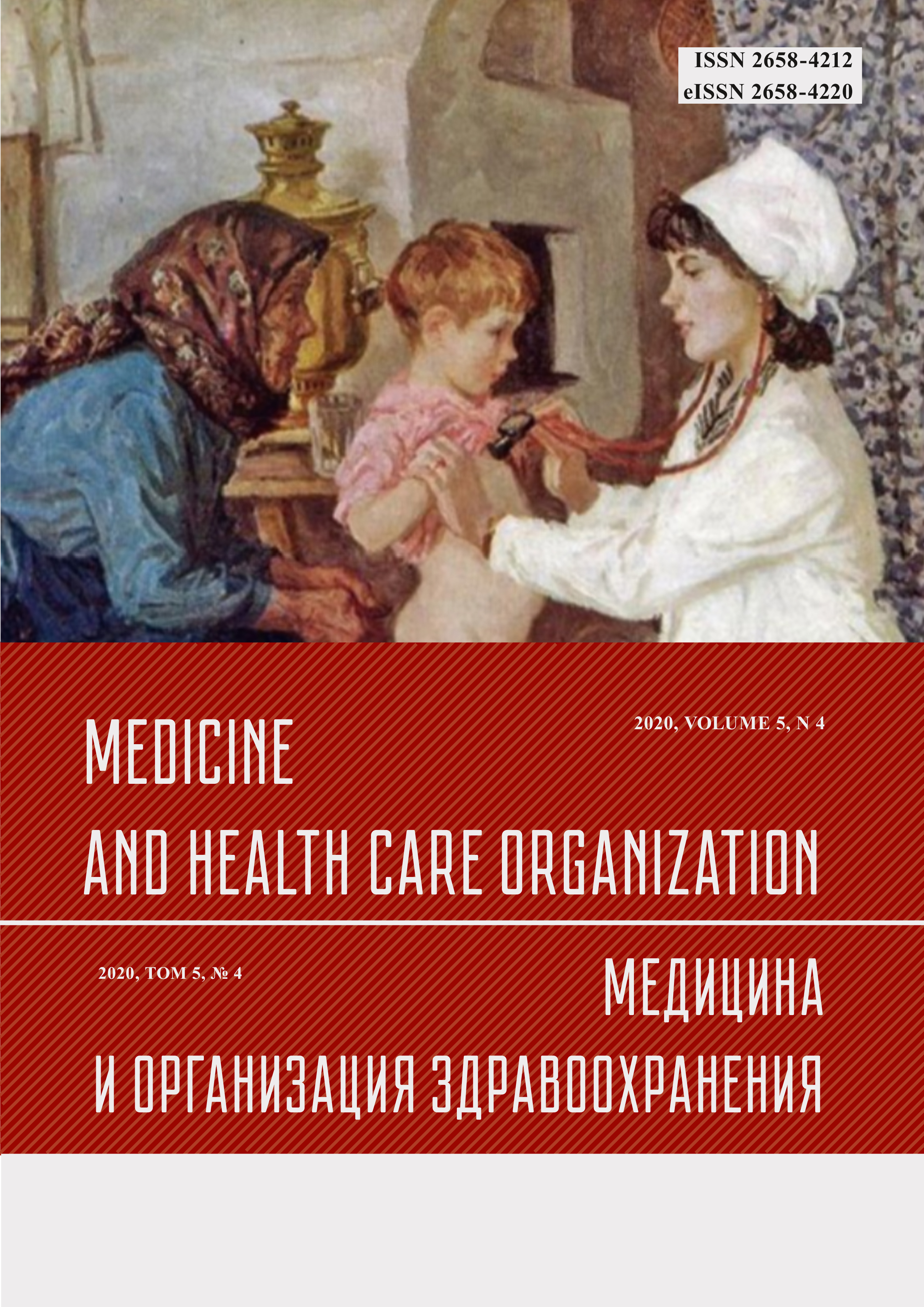THE EFFECT OF ISOLATION ON THE DAILY REGIME AND TRAINING OF ADOLESCENT ATHLETES
Abstract
The introduction of quarantine measures related to the threat of the spread of the COVID-19 viral infection has led to a significant change in the lifestyle of the majority of the population. Since March 2020, all athletes have been forced to train at home. The article examines the attitude of athletes to the period of self isolation, which determined the forced abandonment of the usual training process, as well as the peculiarities of motivation for returning to a full fledged training regime. The aim of the work was to determine the attitude of athletes to the organization of the training process in conditions of self isolation. The study involved 106 athletes aged 11-18 years (32 girls and 74 boys). All athletes were engaged in children and youth sports schools and sections of St. Petersburg. The study was conducted when athletes began their regular training regimen in sports clubs after a period of self isolation. The article provides an assessment of the attitude of young athletes to the training process during the period of self isolation, depending on the type of organization of the training process (supervised by coaches, carried out independently), the age of athletes, sports experience, from sports: individual or group. As a result of the study, we came to the conclusion that in the conditions of self isolation, the implementation of systemic training depended mainly on the personality traits of athletes. Athletes of the older age group were more critical of the period of quarantine restrictions. The study showed that the situation of forced self isolation had less negative psychological impact on athletes involved in team sports. Based on the results of the work, a number of recommendations were proposed to optimize the training process in conditions of self isolation: compliance with the daily routine of young athletes, with the allocation of a sufficient amount of time for the training process, rest and eating; the organization of trainings should be accompanied by specialized software; it’s necessary to organize methodological support of athletes from coaches, methodologists, sports doctors; parents need to participate in organizing the training process at home; the participation of sports psychologists in organizing distance learning is recommended



